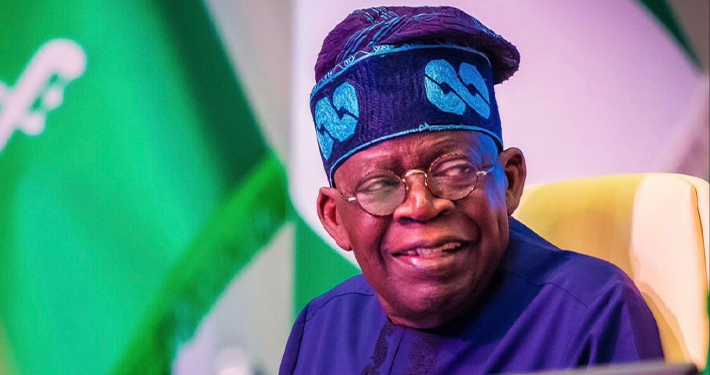Nigeria – Staying the Course on Reforms: Progress Amidst Challenges
Since May 2023, Nigeria has implemented significant reforms to stabilize its economy, resulting in modest growth, improved fiscal health, and rising foreign exchange reserves.
While these measures were necessary to urgently avert a fiscal crisis and place Nigeria on a stronger development path, they have imposed short-term pressures on households and businesses. Launched by the World Bank today, the Nigeria Development Update Report, titled “Staying the Course: Progress Amid Pressing Challenges,” highlights the need to sustain these policies while addressing structural issues to combat inflation and promote long-term investment, growth, and job creation.
While it is still early, the report says that positive results from these reforms are starting to show at the macroeconomic level. For example, output growth has remained modest overall, but inched higher through mid-2024 as oil sector output has stabilized and activity in some services has been robust.
The fiscal position is also improving, with the Federal Government’s fiscal deficit narrowing to 4.4% of GDP in the first half of 2024 from 6.2% in the first half of 2023, helping to mitigate debt-related risks. Foreign exchange reserves – a buffer against external shocks – have risen from $32.9 billion at the end of 2023 to more than $38.8 billion by mid-October 2024.
However, inflation remains high, and inched up again in September 2024, mainly due to the most recent gasoline price increases and recent floods.
Given these promising results, the report argues that the new direction of macroeconomic policies should be sustained, including the Central Bank of Nigeria’s appropriately tight monetary policy stance.
Complementing them with measures to address long-standing structural constraints will enable faster progress in the fight against inflation, and spur the investment, growth, and jobs which Nigeria urgently needs.
In addition, the report explains that previous distortionary and unsustainable policies were hindering Nigeria from achieving its immense potential.
Monetary and foreign exchange (FX) policies were increasingly opaque, distortive, and inconsistent with maintaining price stability, including multiple managed and overvalued official exchange rates.
Fiscal revenues were hampered by one of the lowest tax-to-GDP ratios globally (3.2% of GDP in 2022), while a large share of the Federation’s oil revenues was absorbed by a costly, regressive, and opaque gasoline subsidy.
The Central Bank initiated major foreign exchange policy reforms that resulted in a unified, better regulated, and market-reflective official exchange rate and the government has now moved towards market-based pricing of gasoline to address the enormous fiscal cost of subsidized pricing.
“Nigeria took the bold and courageous move to undertake difficult but critical reforms. This against the backdrop of an already fragile economic position, high food and transport inflation, and other heightened uncertainties. If these reforms were not done, Nigeria would have fallen into a serious fiscal crisis that would have made it difficult for government to meet its obligations to citizens,” said Ndiame Diop, World Bank Country Director for Nigeria. “Going forward, it will be important to consolidate the improving fiscal outlook and scale up the support for the poorest households to cope with purchasing power losses and hardships, while expanding opportunities for growth and productive jobs, especially for young Nigerians is most urgent and crucial.”
The report offers key recommendations on policy priorities to build upon Nigeria’s macro-critical reforms and ignite growth and job creation:
- Maintain a tight monetary policy until a sustained disinflation path is achieved and continue improving policy effectiveness.
- Ensure the exchange rate is unified and reflects market conditions, while expanding the foreign exchange market.
- To reduce debt risks and create room for development and poverty-focused spending, focus on four key areas: continue removing the fuel subsidy and increasing transparency in the oil sector, increase non-oil revenues through better tax policies, cut government waste and direct spending to targeted poverty programs, and stick to realistic budgets to avoid unplanned spending.
- Protect vulnerable groups by expanding cash transfer programs and strengthening social safety nets.
- Continue addressing long-standing structural constraints.
“Recent reforms are starting to restore macroeconomic stability,” said Alex Sienaert, World Bank Lead Economist for Nigeria. “GDP is projected to grow by 3.3% in 2024, rising to an annual average of 3.7% over 2025-2027; headline inflation is anticipated to peak at an average annual rate of 31.7% in 2024, largely driven by the previous depreciation of the naira and increased gasoline prices. Yet, in the medium term, staying the course with implementation of the current policy mix will reduce inflation, expected to fall to 14.3% by 2027 in the base case.”






